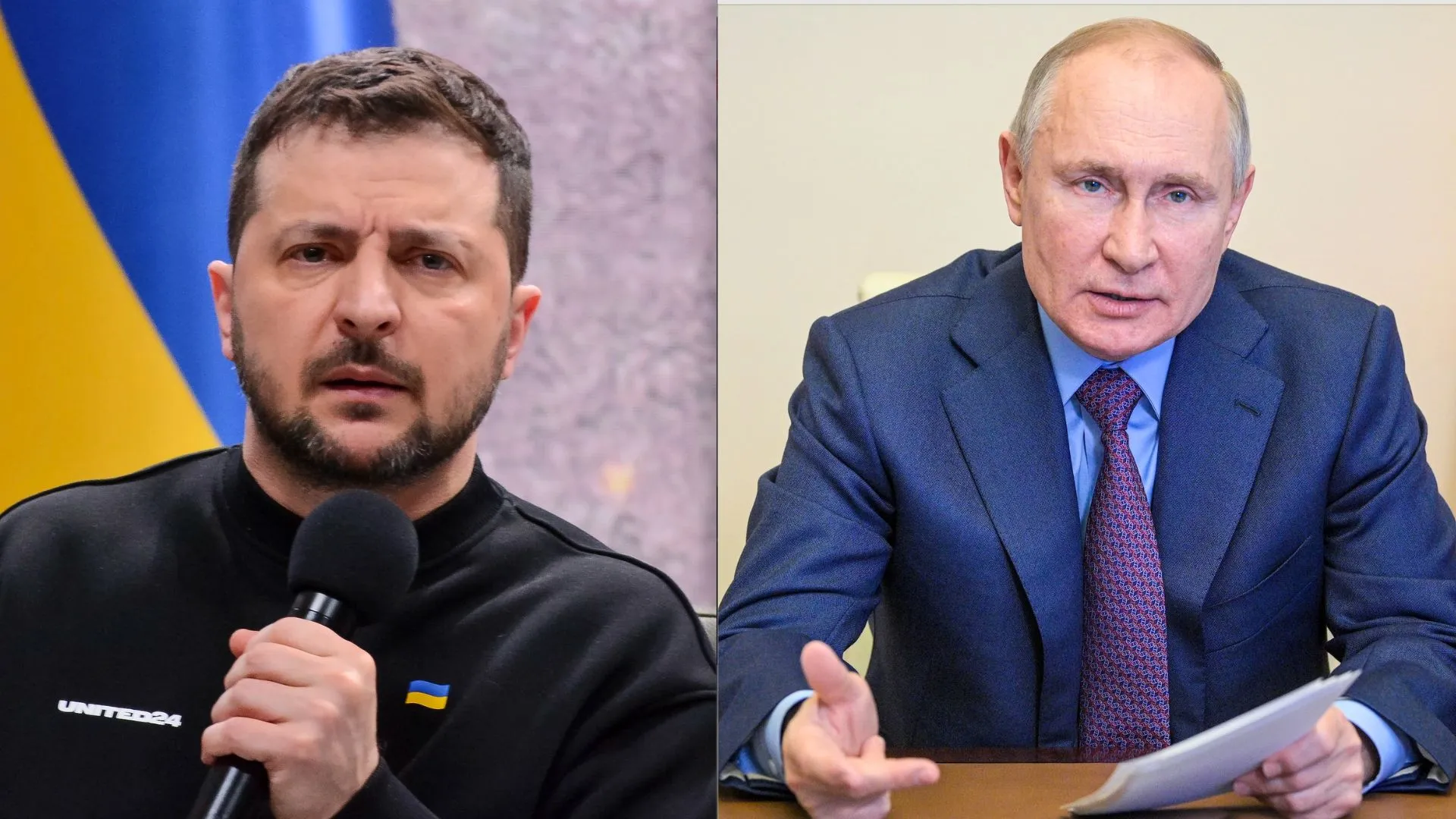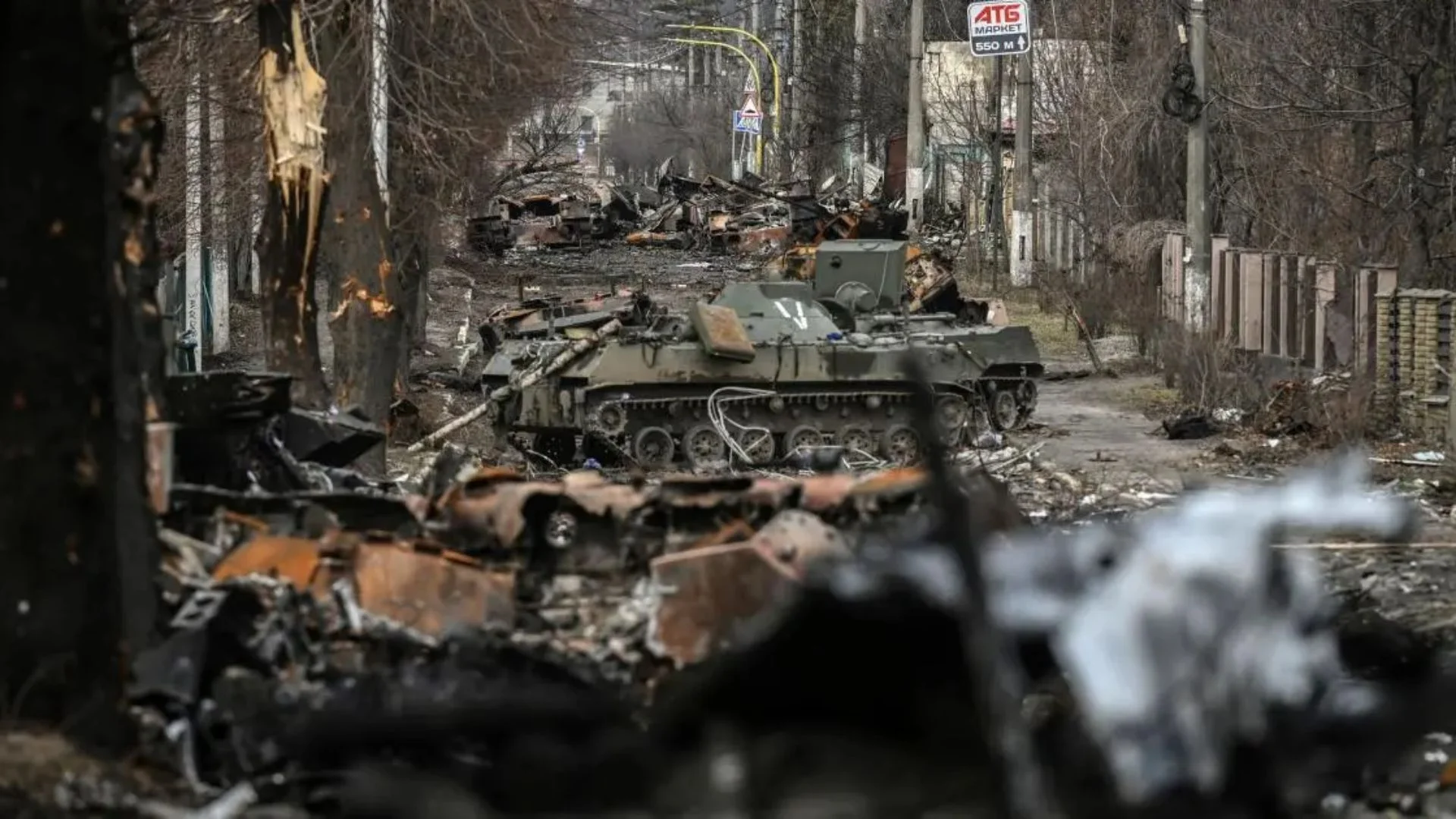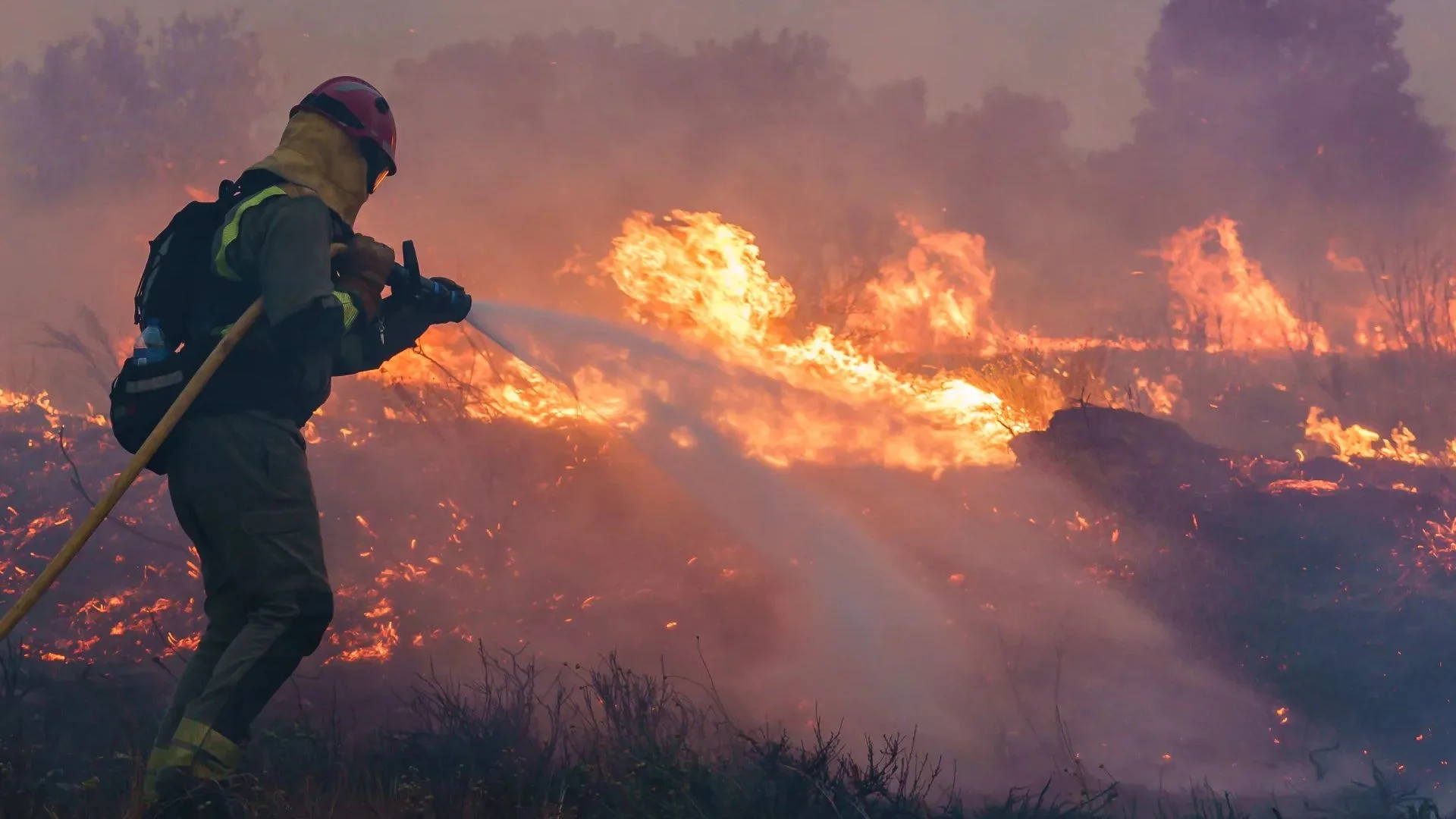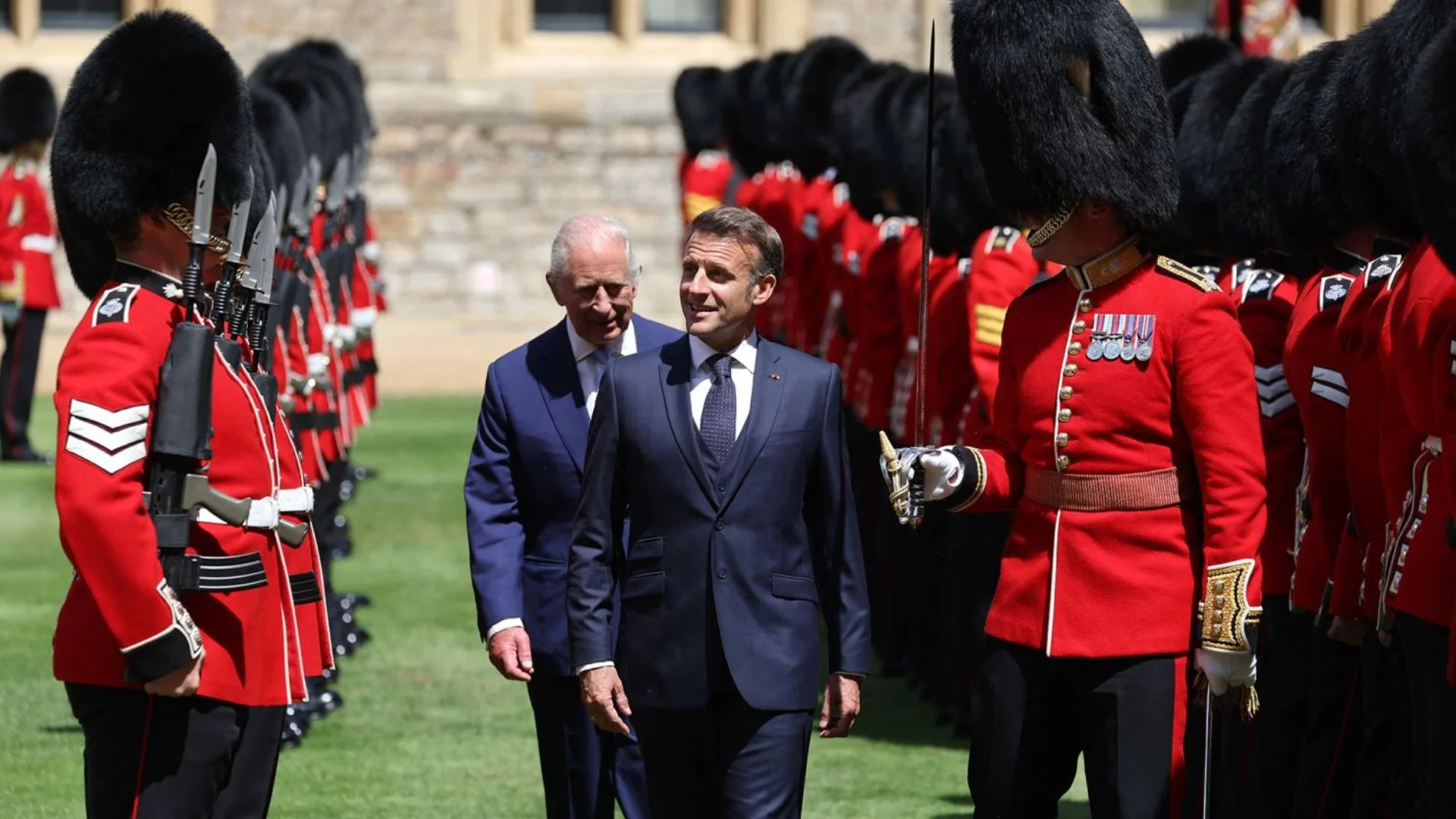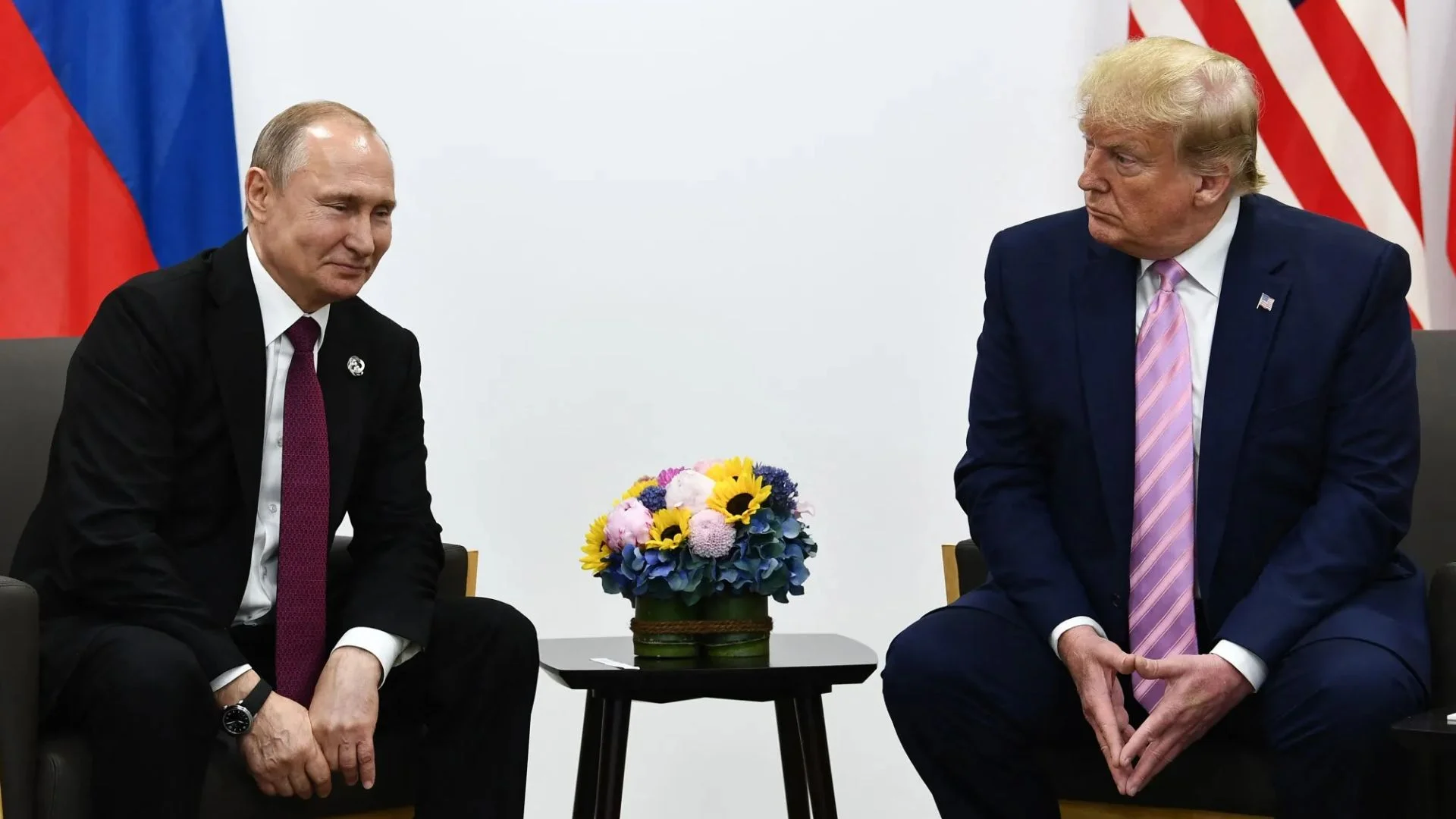Ukraine and Russia are preparing to hold a second round of peace negotiations in Istanbul amidst continuing violence. Ukraine says it will only attend the talks if Russia sends a memorandum of its peace conditions prior to the gathering. The negotiations are scheduled for June 2, following the first round on May 16 in Istanbul, during which both nations consented to draw up memoranda listing terms for peace.
In the first meeting, Russia and Ukraine both pledged to submit their terms of peace. Thereafter, Ukraine has already delivered its memorandum to Russia and now waits for an equally quick response. Russian Foreign Minister Sergey Lavrov offered the second round to move forward with the negotiations, demonstrating Russia’s willingness to negotiate on terms on June 2.
Ukraine Expects Promptness and Clarity
Ukrainian Defence Minister Rustem Umerov, who headed Kyiv’s delegation, stated the negotiations would take place only if Moscow transmits its peace memorandum in advance. Umerov stressed the necessity of getting Russia’s conditions to make the next talks effective. He pointed out that Russia has four days left to transmit the document prior to the planned meeting.
Ukraine remains firm on an unconditional ceasefire. However, Russia insists on addressing what it calls the “root causes” of the conflict before agreeing to halt hostilities. This fundamental disagreement continues to challenge the negotiation process.
International Pressure and Political Dynamics
Ukrainian President Volodymyr Zelenskyy, meanwhile, disclosed that US President Donald Trump had vowed tough sanctions on Russia if it fails to consent to a ceasefire. Trump’s backing for sanctions indicates worldwide pressure on Moscow to end its assault.
Trump’s comprehension of the conflict was, however, rejected by Russian aide Yuri Ushakov, who justified Russia’s airstrikes as being limited to military and infrastructure targets.
The second Istanbul talks have high expectations and uncertainty. Kyiv’s requirement for Russia to present its peace conditions before it does its own seeks to prevent a vacuum of discussions. With keen international attention and recalcitrant differences, the result is far from assured. The world is holding its breath as both sides try to inch toward a war end.

